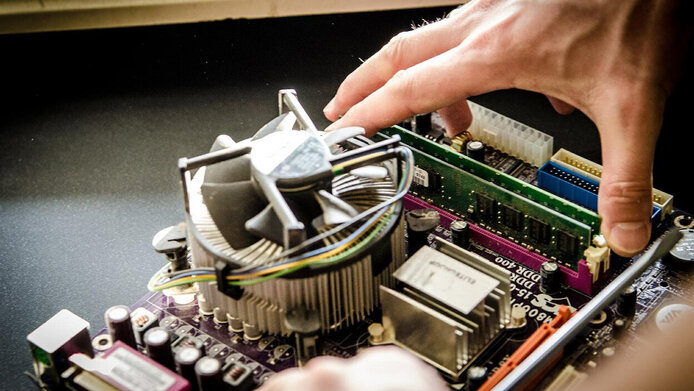Misinformed consumers pay more

Credence goods are goods and services offered by expert providers who know more about the needs of their customers than the customers themselves. Examples include car repairs, medical services or taxi rides in foreign cities. In markets for credence goods, customers usually have to rely on the price being justified, the spare part being necessary, the treatment being appropriate, the information being correct and the route avoiding any detours. Another typical feature of these markets is that even after the transaction has been concluded, it is often impossible for customers to assess whether too much has been paid, too little has been done or whether they have been charged for items they did not really need. The economist Rudolf Kerschbamer and his team have now conducted a field study to investigate whether new media can reduce the degree of asymmetric information and thus limit the scope for fraud. The first question was whether customers pay less for computer repairs if they seek advance information as to what may have caused the defect. Secondly, the team wanted to find out whether reading online reviews by former customers was helpful. Principal investigator Rudolf Kerschbamer was most surprised by the fact that “just a few words and vague presumptions can considerably raise the cost of repair”. He was also surprised to learn that the information content of online reviews can be greatly improved through the use of smart software.
Keep silent to pay less
In the first phase of the double-blind study, the researchers doctored several test computers by loosening one of the RAM units. This is a common defect and easy for a specialist to diagnose. The university's IT department estimated the appropriate repair costs at between 30 and 50 euros. Helpers trained by the research team took the computers with their identical defects to shops in various German cities. The helpers did not know which e-mail request had been sent in advance by the research team. The first email was neutral, saying that a computer of the “XY” brand had a defect and asking whether the expert was willing to take a look. If the repair shop agreed to do that, a second message was sent containing the so-called “treatment manipulation”. One third of the emails was designed to measure the baseline with an innocuous text: “Thanks for the feedback, a friend of mine who works nearby will bring the broken computer for repair.” The second third of all cases communicated additional information about the client’s own research: “I have done some research on the Internet, and it’s probably a loose or defective RAM module.” In the final third, the self-diagnosis was incorrect and read: “I've done some research on the Internet, it’s probably a problem with the hardware.” Theoretically, a correct self-diagnosis should protect the customer from being ripped off. Earlier surveys among experts have shown, however, that many service providers do not appreciate it when customers seek help on Google beforehand. The current investigation confirms this finding. “It turns out that the best thing to do is to hand over the computer silently and not to reveal any of your own expertise or prior information. In the baseline case, the average cost was just under 40 euros. When the cause was described correctly, the repair price did not go down. However, when the wrong cause was indicated, the average price rose to 90 euros," explains the principal investigator. The first piece of advice is therefore to say nothing rather than offer an uncertain and potentially erroneous diagnosis from a forum.
Really good reviews - low price
The second wave of the field study focused on the question of whether reviews of PC repair shops available on the Internet can help identify honest service providers. In Berlin, the 60 shops with the highest number of customer ratings on the Yelp portal and the search engine Google were selected in order to discover whether there were statistically significant effects. “Based on the results from the first wave we suspected that good shop reviews often go hand in hand with moderate prices,” explains Rudolf Kerschbamer, “and in this second wave of experiments we wanted to investigate this more systematically.” Confirming the assumptions, the following correlation was revealed by the aggregate results: shops with good reviews tend to offer low prices, repair shops with poor reviews charge significantly higher prices. A detailed examination brought a surprising result: while Google simply lists all reviews per shop (positive and negative), Yelp distinguishes between “recommended” and “not recommended” reviews. The economist's verdict: “Favourable prices for computer repairs correlated most strongly with recommended positive reviews on Yelp. Relying on the non-recommended positive reviews leads to higher prices. It seems as though the software actually filtered out fake praise that had been paid for. The results of the second wave of the study suggest that modern technologies can help consumers identify honest service providers. However, this only seems to apply to evaluation portals whose entries are vetted in advance by smart software. Other variables such as shop rent, competition density and company size (one-person undertaking/several employees) turned out to be poor statistical markers for the prices that were actually charged.
Personal details Rudolf Kerschbamer is Professor at the Institute for Economic Theory, Policy and History at the Faculty of Economics and Statistics at the University of Innsbruck. For about 20 years he has been exploring credence goods markets, first in theory, and then, increasingly, through experimental research in the Empirical and Experimental Economics research platform.
Scholarly articles





